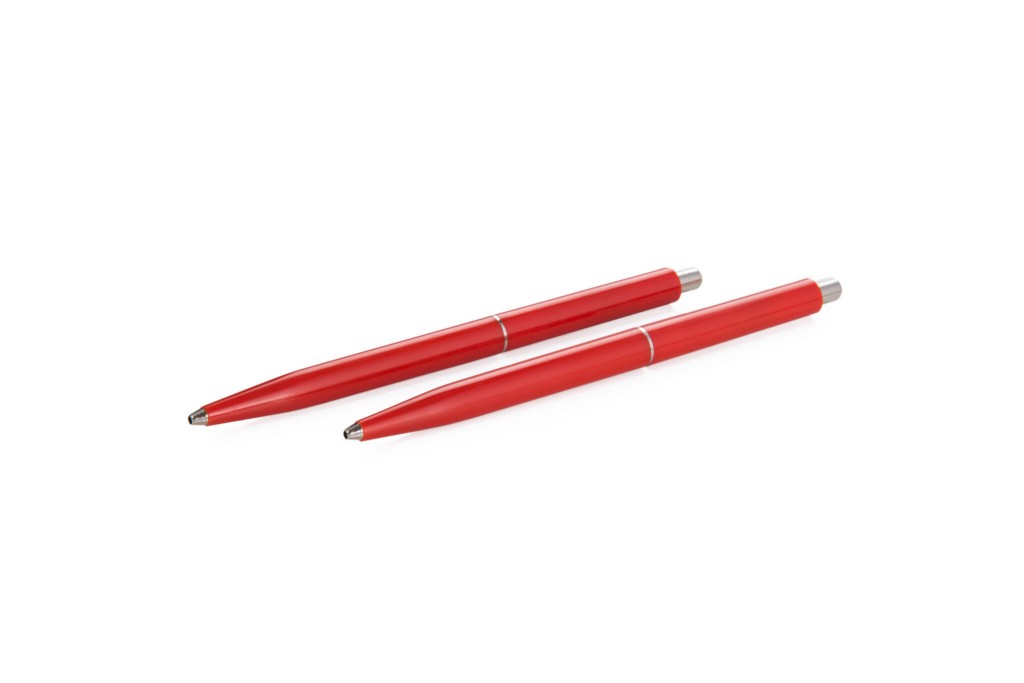Job Idea: Preëmptive Public Editors
Someone to read your column to make sure you won’t make a fool of yourself.

The other day a man wrote a not-great review of a movie he is legally allowed to be critical of but with some pret-tyyyyy bad lines:
Movie Review: Wonder Woman Is a Star Turn for Gal Gadot
Twitter predictably and rightly lost its mind over the more slobbery bits.
Today, the same man wrote a pseudoapology for some lines in the review. First of all, his title is inaccurate—“A Word About My Wonder Woman Review” is misleading; there are hundreds if not about a thousand of them. Second, the apology reads, as, well, very defensive? “I’m sorry that it wasn’t more clear that this line was meant as approving,” is sort of like “I’m sorry you misinterpreted my meaning,” which is not an apology but a sassy diss on your powers of discernment.
A Word About My Wonder Woman Review
If you have to go through, line by line, and defend your review, maybe just admit to yourself that it wasn’t your best, give it seven seconds, and move on. Maybe don’t double down on your God-given right as a film critic to dislike a film. (Sure, but that was never anyone’s point!) If you have to defend your tweet by getting into your mentions and clarifying to each person individually what you really meant, then something is probably wrong and you should step away. Like the British Secret Sevice: “Never complain, never explain, never apologize.” (There are some circumstances where apologies are welcome, but I don’t really consider either of these examples of defensive hole-digging as an apology.)
It’s almost like someone should have seen this coming. An editor, perhaps? Gray-haired media people will tell you about this position that used to exist in some places called the “top editor.” Top editing is still done, of course, but it’s more like peer review. “Hey, could you read this?” It requires humility, and more importantly trust. What I’m thinking of would be sort of like that, except what I’m after here is not top editing for content or readability or overall polish, but editing for the court of public opinion. I’m not exactly saying a Twitter editor, because there are other places people get mad online (Facebook, the comments). But yeah kind of a Twitter editor.
Last week, the New York Times announced it was getting rid of its Public Editor position as well as offering buyouts primarily to editors. As an editor, that makes me worry, because editors are in the most crucial position: between you and your words and the rest of the public reading them and maybe not understanding them. While I agree that we don’t really need people (poorly) cleaning up messes after the fact (and thus themselves creating more of a mess), I feel strongly that getting rid of the people who help prevent messes in the first place is NOT the way to go. Unless of course your copy editors are overpaid, which, somehow I doubt.
So maybe a good job in new crazy online media world would be this: a preëmptive public editor. Someone to read a piece specifically with an eye toward how others will react. Shouldn’t this be everyone’s job? Is it already someone’s job? Doesn’t it already just kind of happen de facto? Maybe, yes, but unreliably so. I wonder whether anyone at New York said anything to anyone about the Edelstein review. (I wonder why Edelstein didn’t name the female colleague who debriefed it with him.)
Sometimes those internal readers who do happen to catch something and whose voices matter most don’t feel empowered to stand up to the older established white man with a long career and many accolades. Pretty often, the person who might read something and have concerns will be an assistant, a social media editor, or a younger person of color. Shouldn’t there be someone they can warn?
I know Dean Baquet and other heads of publications need more editorial jobs like a hole in their heads, but just hear me out: a preëmptive public editor could have seen this coming a mile away. She’d be like a pre-publication Margaret Sullivan, and she has a deep understanding of the undercurrents of popular opinions online. She’s probably young, which means she’s probably cheap! And yes, she’s almost definitely a she.
